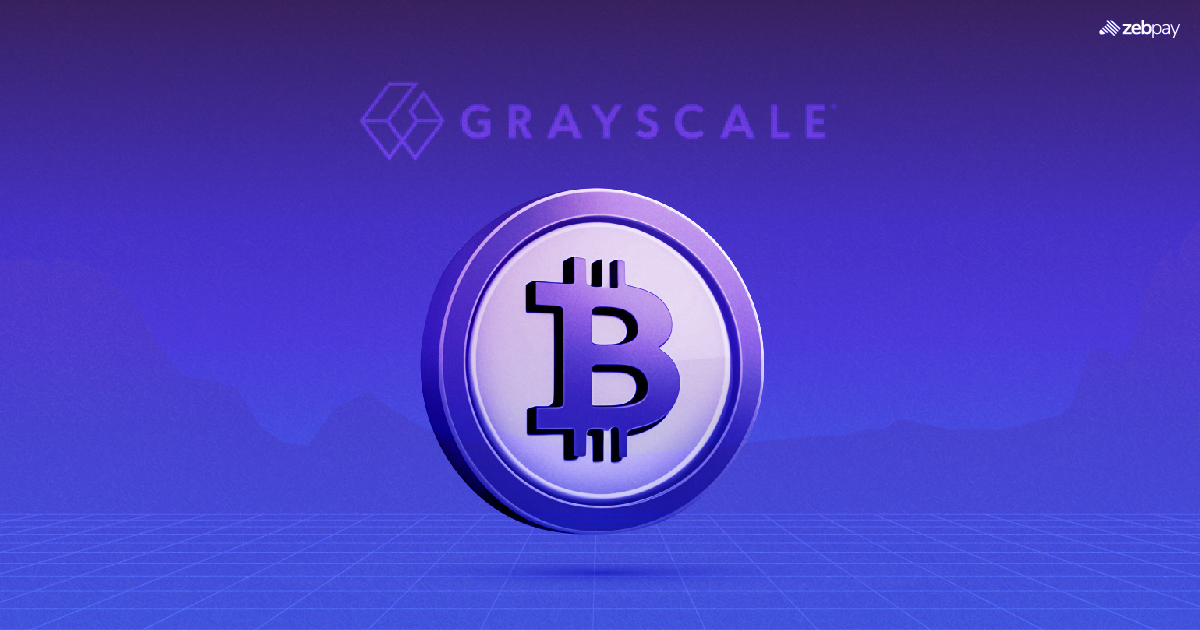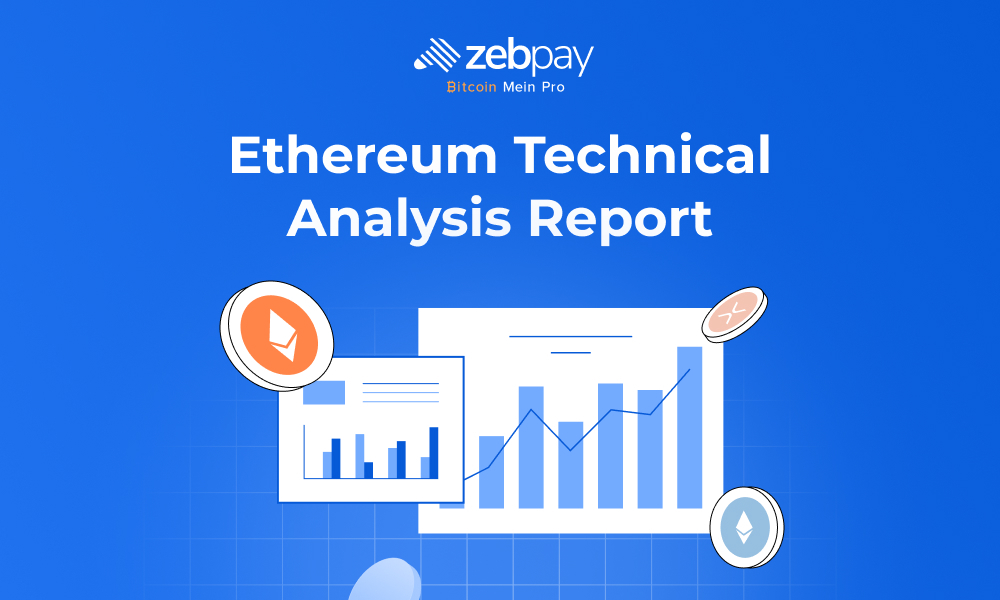In a significant development, the U.S. District of Columbia Court of Appeals ruled on Tuesday that the Securities and Exchange Commission (SEC) made an incorrect decision when it rejected an application from Grayscale Investments, a crypto asset manager, to list an exchange-traded fund (ETF) that tracks the price of Bitcoin. This ruling holds substantial importance for both the crypto and asset management sectors, as they have been persistently seeking SEC approval for a spot Bitcoin ETF over the years. The aim of such an ETF is to provide investors with exposure to Bitcoin’s value without needing to possess the crypto itself. However, the SEC has expressed concerns about the susceptibility of spot Bitcoin ETFs to potential manipulation.
What actually happened with Grayscale?
The SEC’s rejection of Grayscale’s application for its spot Grayscale Bitcoin Trust to be transformed into an ETF on the New York Stock Exchange’s Arca market created a significant turn of events. Although the SEC has given the green light to bitcoin futures ETFs, which are based on agreements to purchase or sell bitcoin at predetermined prices, the regulatory body did not grant approval to spot bitcoin ETFs. Grayscale and Arca had proposed incorporating similar safeguards against market manipulation that had been accepted for futures ETFs. Nevertheless, the SEC found these measures inadequate to meet its standards.
In contrast to other firms like Cathie Wood’s ARK, Fidelity, and Invesco, whose applications for spot bitcoin ETFs were also rejected by the SEC on grounds of safeguarding investors, Grayscale took a different approach by suing the SEC. The nature of the defendant as a regulatory entity expedited the case’s escalation directly to the appeals court.
The Grayscale’s Side
Grayscale’s argument rested on the assertion that the surveillance protocols applicable to Bitcoin futures ETFs, which monitor the trading conditions and price shifts of Bitcoin futures on the Chicago Mercantile Exchange (CME), should be deemed adequate for their spot ETF as well. This argument stems from the shared dependence of both products on the fundamental price of bitcoin. The CME’s active monitoring aims to promptly identify and thwart price distortions, including those caused by manipulation.
During the court proceedings in March, Grayscale’s lead counsel, Donald Verrilli Jr., contended that a spot Bitcoin ETF would offer “enhanced protection” to investors due to the market oversight facilitated by the CME. This argument is based on the notion that the existing options for Americans to invest in Bitcoin often involve exchanges with less-established or unregulated status. However, the SEC’s counter argument maintains that Grayscale lacks the necessary data to conclusively ascertain whether the CME’s surveillance arrangement for bitcoin futures could effectively identify potential manipulation within the spot markets.
Read more: What is Spot Trading
The Court Saying
The court’s panel of judges ruled that Grayscale successfully demonstrated that its proposed Bitcoin ETF closely resembled the approved Bitcoin futures ETFs. This similarity was based on the fact that the underlying assets in both cases, which are bitcoin and bitcoin futures, exhibit a significant level of correlation. Moreover, the surveillance-sharing agreements with the Chicago Mercantile Exchange (CME) were deemed to be “identical and should have the same likelihood of detecting fraudulent or manipulative conduct in the market for Bitcoin.”
Taking these factors into account, the court concluded that the U.S. Securities and Exchange Commission (SEC) acted in an “arbitrary and capricious” manner when rejecting Grayscale’s ETF filing. The reasoning behind this decision was that the SEC failed to provide an adequate explanation for how Grayscale owning actual Bitcoins, as opposed to bitcoin futures, would impact the CME’s capacity to identify instances of fraud or manipulation.
What’s Next?
Both parties now have a 45-day window within which they can decide whether to challenge the recent court ruling. If either side chooses to appeal, the case could either be escalated to the U.S. Supreme Court or undergo a review by an en banc panel. The SEC’s intentions to appeal remain uncertain, as the regulator has not responded to requests for comments since Tuesday’s ruling.
Should Grayscale emerge victorious without any appeal from the SEC, the court would outline the specific steps required for implementing the decision. This might involve instructing the SEC to approve Grayscale’s application or reconsider it. However, even in this scenario, the SEC could still reject the proposal based on different grounds.
Implications for other Applications
Numerous companies, including major players like BlackRock, Fidelity, WisdomTree, VanEck, Bitwise, and Invesco, have submitted applications for spot bitcoin ETFs to be listed on platforms like Nasdaq and CBOE Global Markets. These applications are being formally assessed by the SEC, which has up to 240 days to reach a decision. While the recent ruling’s direct impact on these applications remains uncertain, it could potentially influence the SEC’s evaluation of these proposals.
It’s important to note that Tuesday’s ruling doesn’t automatically necessitate the approval of all Bitcoin ETF applications. However, the ruling might play a role in shaping the SEC’s considerations and decisions regarding these proposals.







